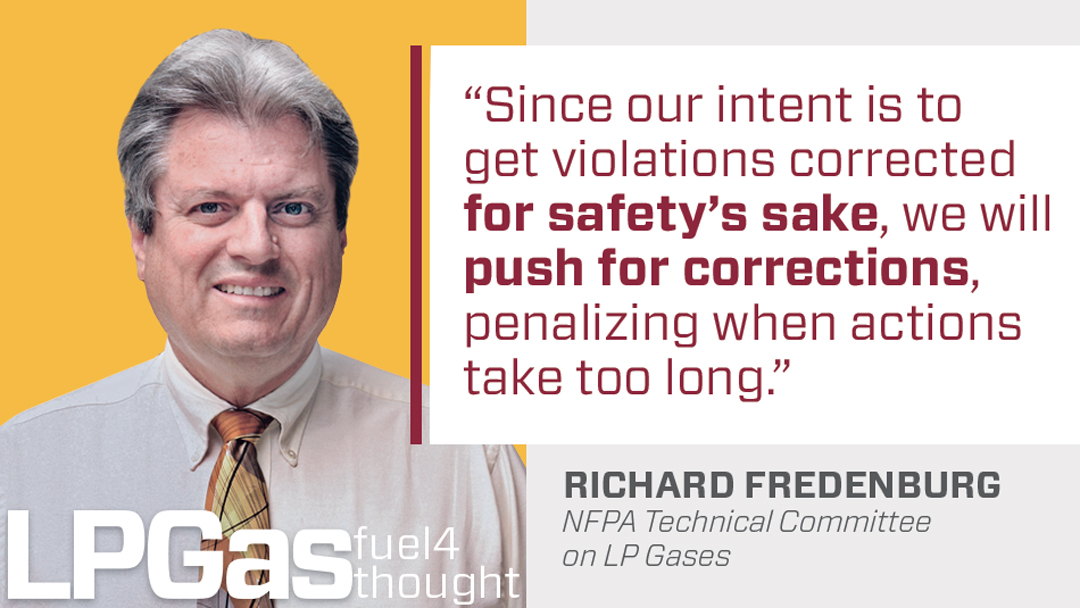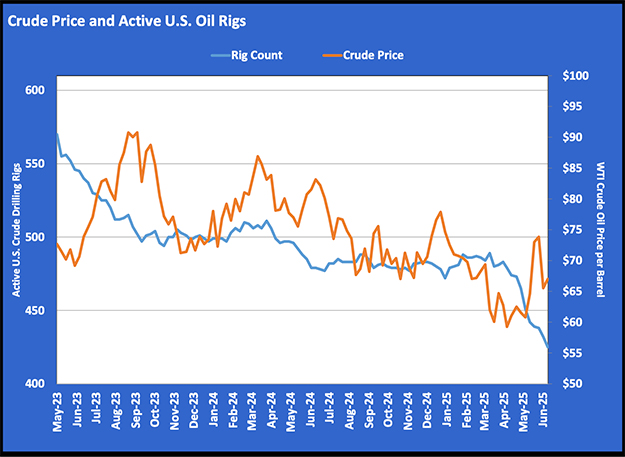Understand enforcement’s perspective on mergers
Propane companies in North Carolina have been involved in many purchases and takeovers, much like the rest of the country. There are still some mom and pops, but they are much fewer over the past 10 years.
It is not our business to get into their business as far as company ownership and leadership are concerned, just as we don’t regulate most business practices – propane pricing, fees for deliveries and services, delivery schedules, etc. But we must stay involved with some practices for our inspection system to function.
Licensing
Keeping licenses current can be a challenge when companies change names or ownership. Propane companies doing business in our state must be licensed and maintain a certain amount of liability insurance. Other states have varying requirements to qualify for a license.
We must be assured that when a company is acquired, its insurance and, thus, its license stays valid. If the company changes its name, then we basically start from the beginning, requiring a new application and certificate of insurance. It’s the same procedure if the name is kept as “doing business as,” but there is a new parent company. We must be assured that the liability insurance is maintained.
Inspection procedures
Our inspection system is paperless, making many of the steps for informing a company of inspection findings automatic. The system was built by a team of programmers, and a lot of time was spent getting the contact information for each site correct. It works well if the contact information is correct. Incorrect data causes manual work or time spent to make corrections so the system can handle it.
Since there are usually a lot of changes in personnel, email addresses, mailing addresses and phone numbers with the new company, it becomes a task to get the new contact information into the system. It’s an added complication if there are outstanding inspections involved, as our system does not allow a change in the responsible party within an inspection series.
Did I say it was complicated? Allow me to add another layer of complication. If the inspection is at a dispensing site like a hardware store or convenience store, and the equipment is owned by the supplying propane company, it is likely that we hold the supplier responsible for most corrections.
We charge our inspectors with verifying contact information when they inspect a site. We do not expect them to get contact information about the supplier from the dispensing site. If the inspector arrives shortly after a merger or acquisition, the inspector likely will not know about the change in supplier information. That adds a challenge for our office staff to get the letters sent and deal with the returned letters.
I’m sure our inspection program is mirrored by many other states. They may have a system that performs many of the tedious steps for them, such as tracking repeat violations, preparing emails and letters to notify dealers of violations, or some of the other steps available to us to monitor follow-up inspection dates and penalty amounts. Likely, they get a kink in their systems when contact information is outdated. It might even be worse if they have a manual system for their inspections.
Violations
New owners must realize they are inheriting some liabilities along with the benefits of the acquired company. We don’t erase or ignore the violations at the sites now in their portfolios.

At least one company effectively closed many of its storefronts and stopped collecting some of the certified letters we sent. Maybe the company thought the penalty would go away if it ignored the letters long enough.
We may have to go through some maneuvers to get violations reassigned to the new company. But since our intent is to get violations corrected for safety’s sake, we will push for corrections, penalizing when actions take too long.
Richard Fredenburg is an LP gas engineer at the North Carolina Department of Agriculture and Consumer Services, Standards Division. He is also a member of NFPA’s Technical Committee on LP Gases. Contact him at richard.fredenburg@ncagr.gov or 984-236-4752.
NOTE: The opinions and viewpoints expressed herein are solely the author’s and should in no way be interpreted as those of LP Gas magazine or any of its staff members.
















